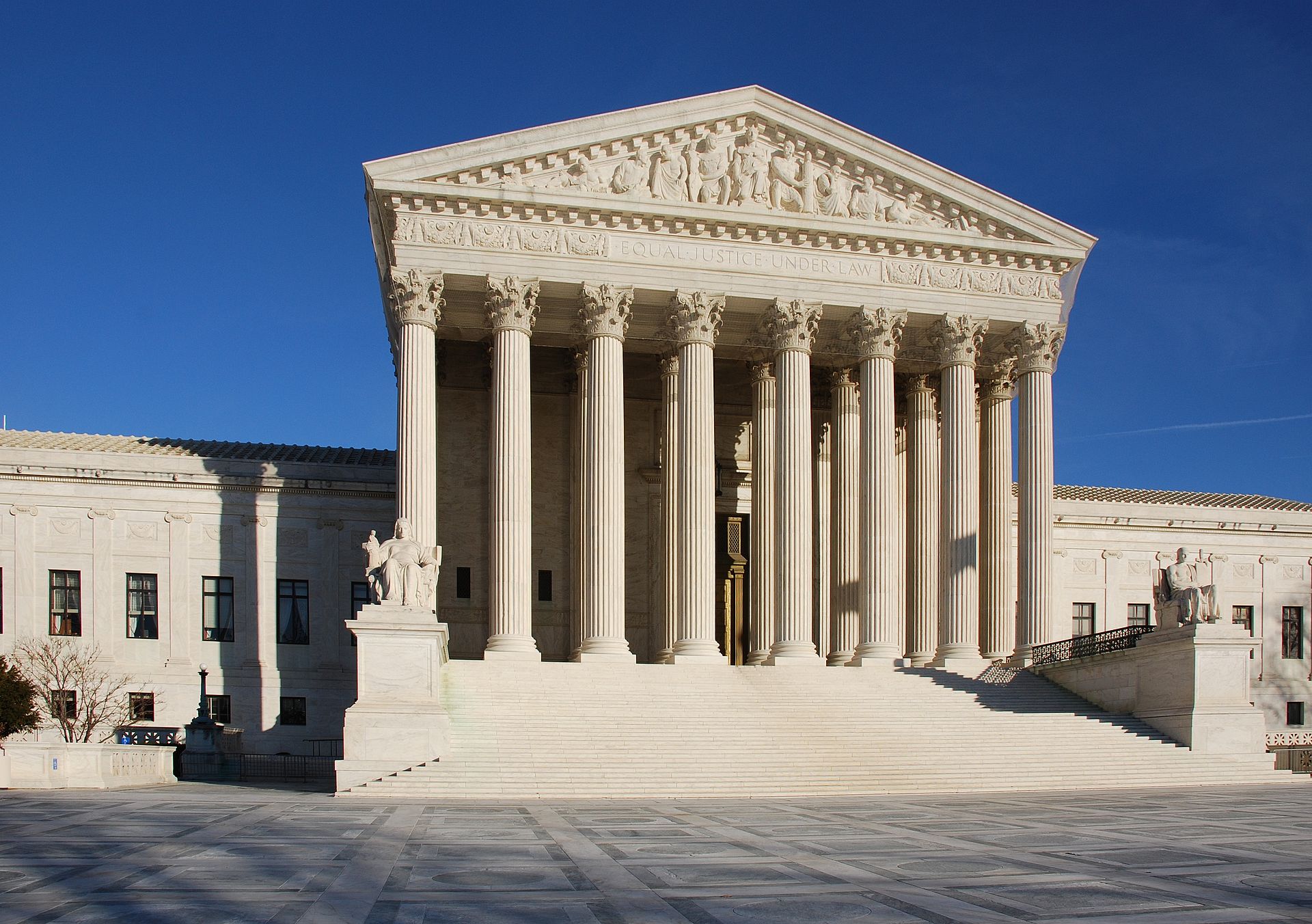With a 7-2 decision in Little Sisters of the Poor Saints Peter and Paul Home v. Pennsylvania, the U.S. Supreme Court upheld religious and moral exemptions to Obamacare’s contraception mandate.
The majority opinion held that federal agencies followed proper procedures under the Administrative Procedure Act (APA) to create the exemptions, and that the Little Sisters of the Poor had standing to participate in the case. Justice Clarence Thomas delivered the opinion of the court, joined by Chief Justice John Roberts and Justices Samuel Alito, Neil Gorsuch, and Brett Kavanaugh.
In his opinion, Thomas wrote, “After two decisions from this Court and multiple failed regulatory attempts, the Federal Government has arrived at a solution that exempts the Little Sisters from the source of their complicity-based concerns—the administratively imposed contraceptive mandate. We hold today that the Departments had the statutory authority to craft that exemption, as well as the contemporaneously issued moral exemption. We further hold that the rules promulgating these exemptions are free from procedural defects.”
Justice Alito wrote a concurring opinion, joined by Justice Gorsuch, arguing that the court should have also ruled that the Religious Freedom Restoration Act (RFRA) required the agencies to create the religious exemption to the contraception mandate. Because the court did not resolve that question, Alito wrote that the Little Sisters of the Poor will have a longer legal battle.
Justice Elena Kagan wrote a concurring opinion, joined by Justice Stephen Breyer, arguing that Obamacare was ambiguous with respect to the agencies authority to exempt employers from the contraception mandate, so the court should have deferred to the agencies' interpretation of the law under the _Chevron_ doctrine. _Chevron_ says that courts must uphold reasonable interpretations of ambiguous laws offered by agencies empowered to administer those laws.
Justice Ruth Bader Ginsburg wrote a dissenting opinion, joined by Justice Sonia Sotomayor, arguing that "the Court casts totally aside countervailing rights and interests in its zeal to secure religious rights to the _nth_ degree.” She wrote, “this Court leaves women workers to fend for themselves, to seek contraceptive coverage from sources other than their employer’s insurer, and, absent another available source of funding, to pay for contraceptive services out of their own pockets" even though, for Ginsburg, the Free Exercise Clause of the U.S. Constitution and the Religious Freedom Restoration Act did not require that outcome.
The court sent the case back to the Third Circuit to reconsider its decision to rule against the Little Sisters of the Poor.



